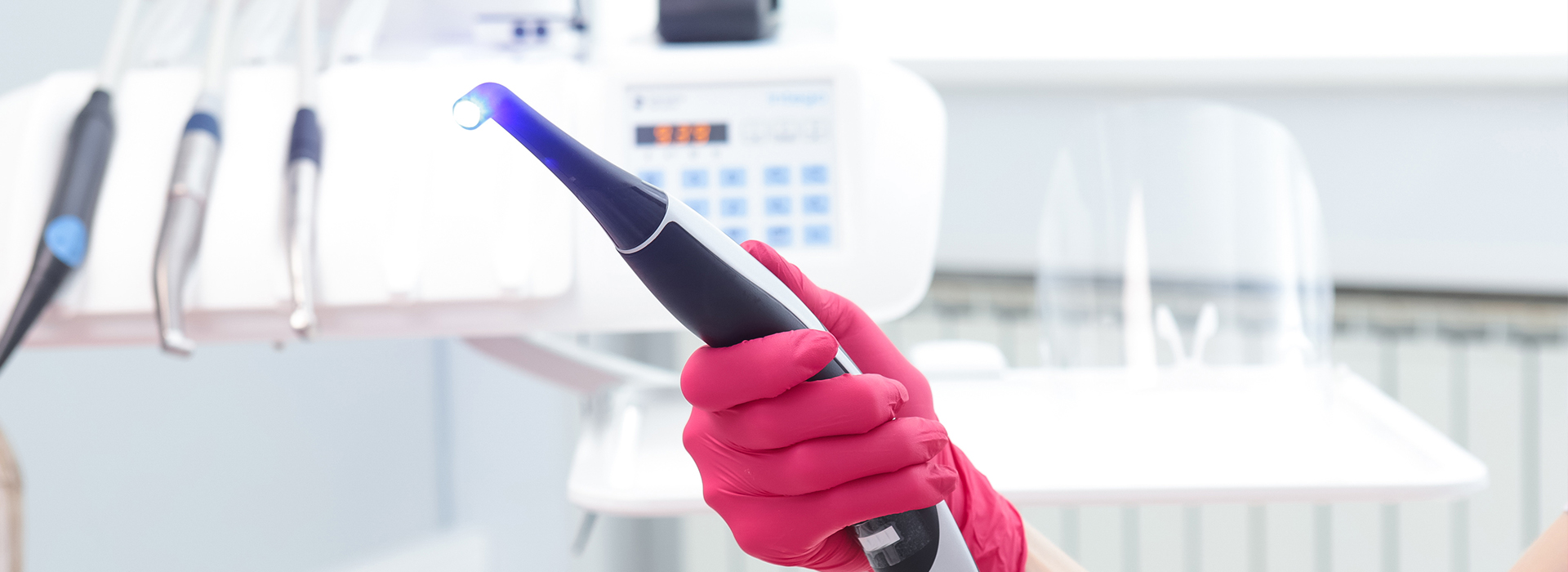
Ask us whether or not laser dentistry is a potential treatment option for you. Although a very useful and efficient tool, laser dentistry may not be the appropriate method for all cases.
Ask your dentist about the extent of his/her training. Training should include educational and training courses from the laser manufacturer. Additionally, many dental schools, associations, and the Academy of Laser Dentistry offer dental laser education opportunities. ALD is the profession’s leading independent source for laser education and credentialing.
When operated within practice guidelines, dental lasers are as safe as other dental treatments, if not more so. During laser procedures you will be asked to wear protective glasses, much like you wear sunglasses to protect you from the sun’s UV rays.
In most cases, laser dentistry is similar or slightly more expensive than the cost of traditional surgery. Most doctors prefer laser surgery as it offers the patient a better experience. In some cases, laser dentistry is necessary for successful treatment. Additionally, laser dentistry has a higher long-term success rate, decreasing the likelihood of incurring additional costs from multiple treatments. Overall, the benefits far outweigh the costs.
Laser treatments offer significantly less pain and discomfort than typically associated with traditional cut and suture dental surgery. Patients experience little pain as the laser manipulates gums and removes bacteria and damaged tissue without invasive cutting. The laser targets only bacteria and diseased tissue; healthy tissue is unaffected.
PerioLase® MVP-7™ is the only laser and protocol that is FDA-cleared and supported by scientific and human histological research. PerioLase® MVP-7™ is highly selective in removing only damaged tissue, leaving nearly all healthy tissue completely intact.
Lasers emit energy in the form of light. This energy is harnessed and manipulated in a variety of ways for different procedures. For surgical procedures, the laser acts as a cutting instrument or can vaporize tissue. When repairing a filling, the laser solidifies the bond between tooth and filling. In teeth whitening, the laser acts as a catalyst on bleaching agents.
LANAP® Procedure
LANAP® vs Traditional Gum Surgery
LANAP® FAQ
